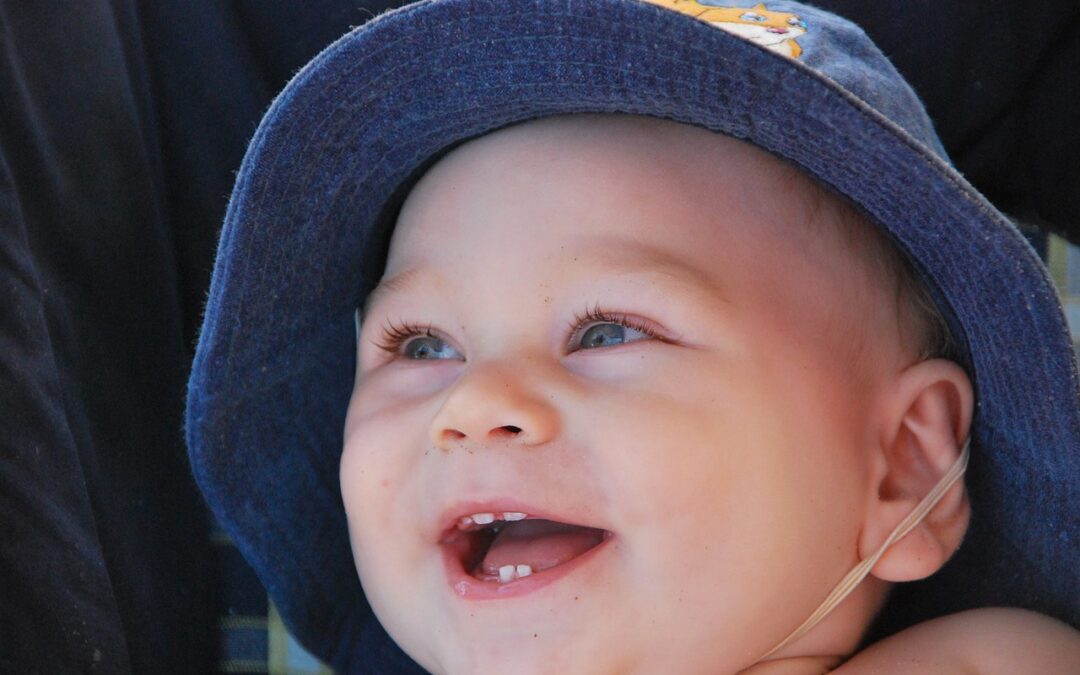Most new parents don’t know how much just a tiny baby tooth can ruin your day. You may not even think about your baby’s teeth until it causes them to scream and keep you up all night. Even when they make a fuss, it can be difficult to know if your baby is teething, because most teething pain occurs before you see any teeth. Between drool and fussiness, it’s difficult to know what’s wrong and how to help. Luckily, Sunlife Pediatric Networks has a few tips that can help your teething baby.
When Does It Start?
Your baby’s first tooth usually comes in their lower jaw when they’re 6 to 10 months old. Typically, the teething schedule goes something like this:
- Two bottom front teeth (central incisors) come in
- Four upper teeth (central and lateral incisors) 4 to 8 weeks after
- In 1 month, two lower incisors come in
- The first molars (back of the mouth) come in around 1 year old and can cause pain
Symptoms Of Teething
It’s difficult to know if your baby is teething until you see those pearly whites pop through their gums. Often, many parents attribute teething pains to common ailments and illnesses. Look for these early signs of teething to confirm they are teething:
- Drooling
- Irritability or fussiness
- Sore gums
- Chewing on things
- Low-grade fever of 100.0-100.3 degrees F
- Swollen gums
- Disruptions in sleeping or eating
While teething can make your baby fussy or distraught, it shouldn’t make them sick. If your child has vomiting, diarrhea, or flu-like symptoms, you should take them to the doctor.
How To Help Your Child With Teething
Your baby is growing up- Congratulations! It’s your job as a parent to celebrate their development and help them get through this milestone. The following tips can help your baby with their teething pain:
- Apply pressure- Surprising as it sounds, it can feel good to your baby when you apply pressure on their gums. There are several ways to do this:
- Give them hard food like a piece of celery or hard cracker. Make sure you’re around when you give them hard foods to protect them from choking.
- Thoroughly wash your hands and rub your baby’s gums, preferably just before breastfeeding to avoid getting bitten
- Let them chew on a teething ring
- Pain relievers- It should never be the first resort, but over-the-counter pain medications for your baby can help to relieve teething pain. Check with your doctor for the appropriate medication and dosage, and stick with it.
- Cool things off- Just like how an ice pack feels wonderful when you sprain your ankle, cooler temperatures can help relieve pain and pressure in your poor baby’s gums. Some helpful tools:
- Gently rub your baby’s gums with a cool, clean washcloth
- Use a chilled teething ring
- Avoid frozen teething rings, as ice can hurt your baby or cause choking.
Contact Us Today
Teething can be difficult to manage, whether your child is 4 or 24 months old. For most children, teething only lasts for a few days (week tops) before the tooth erupts, so rest assured they should be feeling better soon. Sunlife Pediatric Networks is a top pediatric center in Pembroke Pines. Call Sunlife Pediatric Networks for an appointment today.

